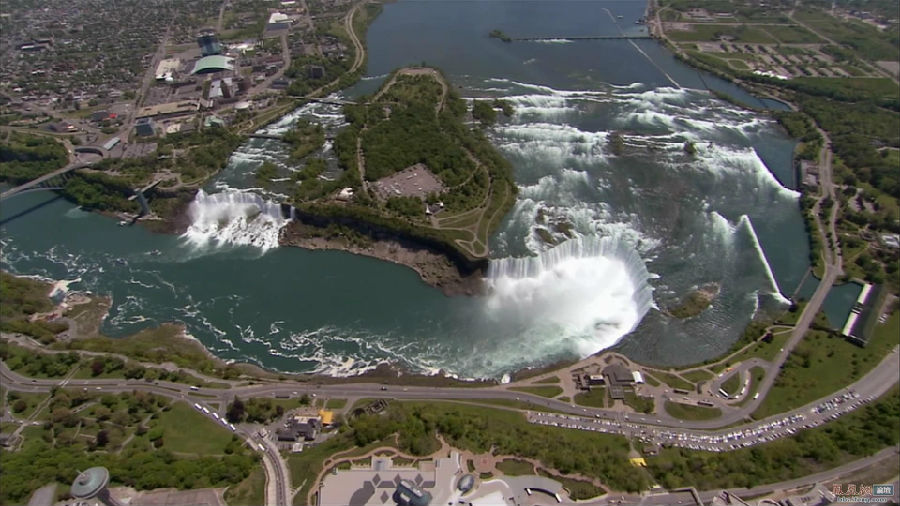(单词翻译:单击)
We don't really know for sure because we have nothing else to compare our own existence to, but it seems evident that if you wish to end up as a moderately advanced, thinking society, you need to be at the right end of a very long chain of outcomes involving reasonable periods of stability interspersed with just the right amount of stress and challenge (ice ages appear to be especially helpful in this regard) and marked by a total absence of real cataclysm. As we shall see in the pages that remain to us, we are very lucky to find ourselves in that position.
我们确实不知道,因为我们没有任何别的东西可以用来跟我们自己的存在进行比较。但是,有一点似乎是明白无疑的:要是你希望最后成为一个比较先进、善于思考的社会,你必须处于一长串结果的合适终点,其中包括合理的稳定时期,里面错落有致地布满着恰到好处的困难和挑战(冰期在这方面似乎特别起作用),而且完全缺少真正的大灾难。大家在余下的篇章里将会看到,我们庆幸自己恰好处于那个位置。
And on that note, let us now turn briefly to the elements that made us.
说到这里,现在我们再来简单谈一谈组成我们的元素。
There are ninety-two naturally occurring elements on Earth, plus a further twenty or so that have been created in labs, but some of these we can immediately put to one side—as, in fact, chemists themselves tend to do. Not a few of our earthly chemicals are surprisingly little known. Astatine, for instance, is practically unstudied. It has a name and a place on the periodic table (next door to Marie Curie's polonium), but almost nothing else. The problem isn't scientific indifference, but rarity. There just isn't much astatine out there. The most elusive element of all, however, appears to be francium, which is so rare that it is thought that our entire planet may contain, at any given moment, fewer than twenty francium atoms. Altogether only about thirty of the naturally occurring elements are widespread on Earth, and barely half a dozen are of central importance to life.
地球上天然存在92种元素,再加上实验室里制造的20种左右,但其中有一些我们马上可以搁置一边——事实上,化学家们往往也是这么办的。地球上的化学元素当中,有不少我们了解甚少。比如,砹实际上没有研究过。砹在周期表上有名字,有位置(就在玛丽·居里的钋的隔壁),但几乎仅此而已。问题不在于科学界不予重视,而在于十分稀少。外层空间里钋也不多。然而,最难以捉摸的元素就要算是钫。钫的量实在少得可怜,据认为,在任何特定的时刻,整个地球上的钫还不足20个原子。在自然存在的元素当中,总共只有大约30种在地球上分布得很广,只有五六种对生命是极其重要的。


